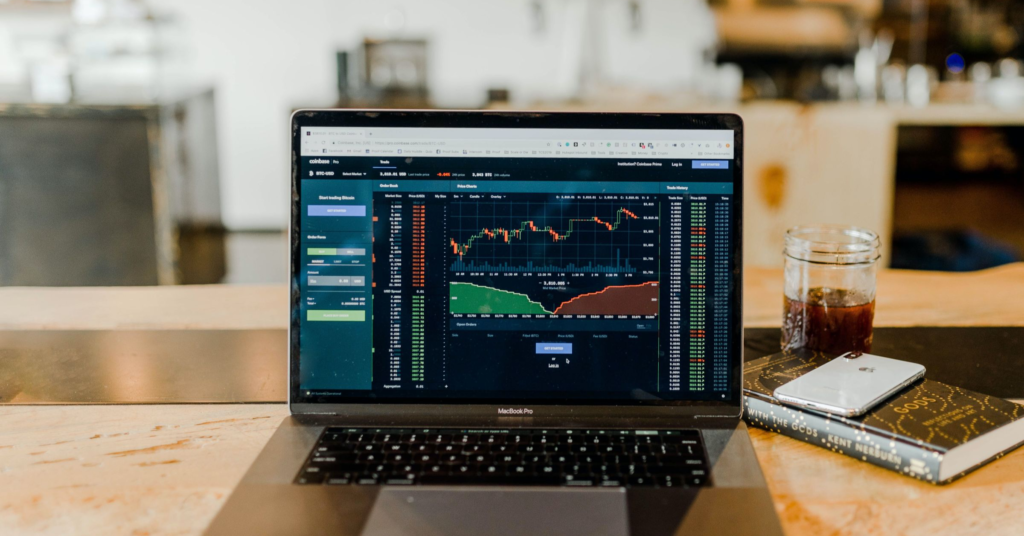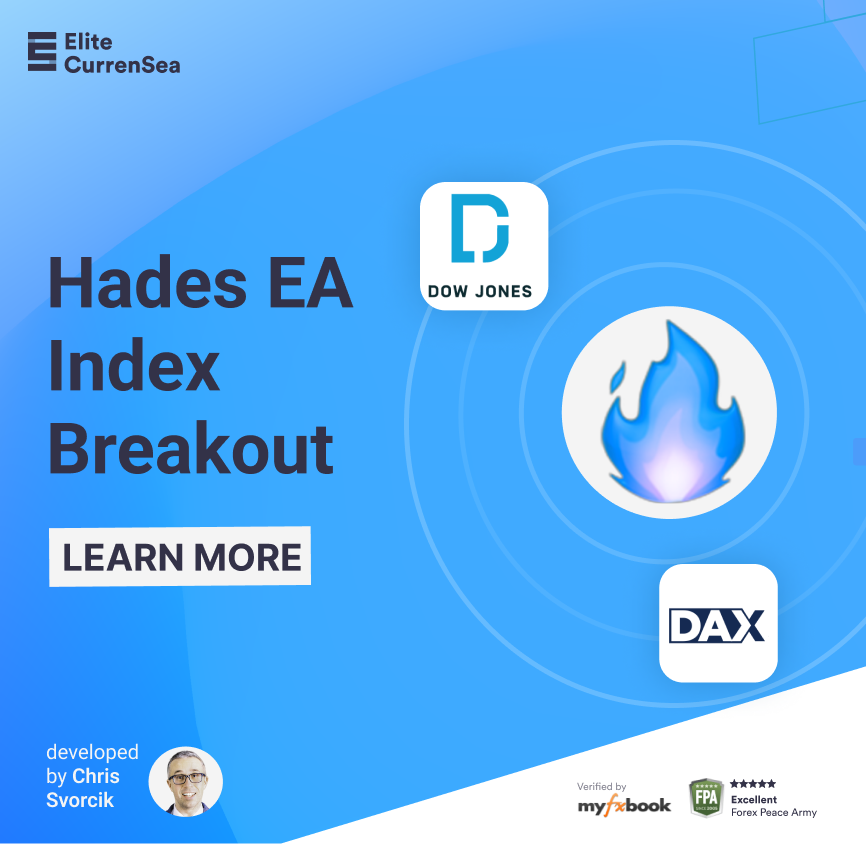Your Guide To Proprietary Trading Firms, Its Meaning And Definition

The rapid digitalization of the financial markets has made it incredibly easy for individuals and institutions to participate in complex trading activities. It is no secret that a bulk of market liquidity is generated by large institutional players, such as investment firms, asset managers, and commercial banks.
Proprietary trading has become especially popular among investors and numerous proprietary trading firms have emerged over the years that compete on incredibly tight margins and timeframes for their trades. Which is why many prop trading firms use automated trading systems and EAs to get ahead of the competition.
As opposed to principal trading, proprietary trading does not serve market-making purposes and is purely concerned with generating profits for the firm.
To understand how a proprietary trading firm operates and generates profits, it is important to understand proprietary trading definition and its meaning, as well as the unique advantages and disadvantages that come with such trading activity.
What Is Proprietary Trading And How Does It Work?
Proprietary trading is a common way for institutions to use their own company capital to make short-term trades on the market in order to generate profits for their business. As opposed to using clients’ funds, proprietary, or prop trading, is done solely using company funds that are sitting on the balance sheet in the form of cash and equivalents and would otherwise be used to fund various business operations.
In proprietary trading, internal trading teams, or incorporated proprietary firms, are given trading objectives and assigned a specific amount of capital on their funded accounts to conduct prop trading.
The best proprietary trading firms use a variety of complex trading strategies to get ahead on the market and generate as much profit as possible. Proprietary trading firms are generally well-organized and highly technically skilled companies that are equipped with the necessary technology to conduct automated trading and execute thousands of trades in a matter of seconds.
Difference Between Proprietary And Principal Trading
Another term that is commonly used with regards to financial institutions is principal trading. While both principal and proprietary trading involve the use of company funds for trading and neither uses clients’ funds, there are still a few key differences between the two trading approaches, such as:
- Purpose – principal trading is done as a market-making tool and facilitates trades as an intermediary between the market and its client base and profits from the spread. Principal trading is regarded as a regular banking activity and is subject to less regulatory scrutiny than proprietary trading, which is primarily concerned with making profits using company funds for trading
- Profit sources – in proprietary trading, firms generate profits by risking their own capital to speculate the market, while in principal trading, the firm charges a commission on the trades it facilitates for its clients. Principal trading is considered to be less risky and more stable than proprietary trading, which can be exposed to substantial market risk
- Regulatory oversight – proprietary trading is subject to much more regulatory scrutiny, due to the high risk being involved. The Volcker Rule restricts banks from engaging in proprietary trading altogether. Principal trading, on the other hand, is considered to be a standard business practice for financial institutions
These key differences subject proprietary trading to much more scrutiny, thus, requiring compliance with regulations to set up and maintain.
What Is A Proprietary Trading Firm And How Does It Make Profits?
Proprietary trading can be a complex process that requires multiple sets of variables to function properly. Companies incorporated for the purpose of proprietary trading have complex systems in place to ensure that trading processes and decision making run as smoothly as possible.
A typical proprietary trading firm will employ dozens, or even hundreds, or highly skilled traders with decades of experience in the field, who are then assigned capital constraints and expected returns on their capital. Depending on the internal structure of the proprietary trading firm, traders may either have complete autonomy on how they achieve their trading goals, or may have several sets of constraints and guidelines on which assets to trade and what strategies to employ.
Proprietary trading firms also frequently engage in high-frequency and automated trading, which allows them to execute hundreds, or thousands, of trades over a very short period of time.
Proprietary trading may involve a wide variety of asset classes, such as equities, options, futures, forex, cryptocurrencies, etc. Automated forex trading strategies are especially popular among prop trading firms, as they offer unparalleled levels of liquidity and somewhat predictable spreads, which is important for prop traders in order to construct consistently profitable strategies.
Forex Proprietary Trading Firms
Forex trading is very popular among proprietary trading firms, due to the sheer amount of liquidity present on the forex market. Forex proprietary trading firms have teams of traders that are designated to trade on various currency pairs depending on market conditions and degree of risk and also employ automated trading systems and algorithms to automate backtesting and order execution to operate more flexibly.
For traders, working at forex proprietary trading firms can come with added benefits, such as a generous compensation plan, ability to work alongside seasoned professionals and gain experience working with complex trading systems.
The list of proprietary trading firms has been increasing over the years – with forex being the most popular asset class to trade.
Volcker Rule Proprietary Trading – Restrictions And Regulations
Some financial institutions are prohibited from engaging in proprietary trading with their funds, which is commonly known as the Volcker Rule.
The regulation was initiated by former Federal Reserve Chairman Paul Volcker in order to stop banks from engaging in risky trading activities, which posed a threat to their solvency. The rule was adopted in 2009 as a response to the 2008 financial crisis to prevent further bank troubles and the unpopular decision to bail them out using billions in taxpayer funds.
While initially faced with some opposition, the rule was included in the Dodd-Frank Wall Street Reform and Consumer Protection Act, which was signed into law in 2010.
The rule was finalized in 2013 and went into effect in 2015, with a phased trial implementation lasting up to 2019.
The results of the Volcker Rule has been a topic of much debate among policy experts and industry professionals, with some highlighting the ability of the rule to impede banks from competing internationally.
Pros And Cons Of Proprietary Trading Firms
Even top proprietary trading firms have to deal with difficulties on the market, as proprietary trading comes with a unique set of advantages and disadvantages for these firms, which are important to consider.
Pros
- High profit potential – proprietary trading companies employ highly skilled traders that use a variety of advanced software to anticipate favorable trading conditions on the market and generate consistent profits
- Technologically advanced – Advanced proprietary trading often uses automated and high-frequency trading strategies that can execute thousands of transactions in a very short amount of time
- Attractive compensation – in a proprietary firm, trading is the main source of profits, which is why proprietary firms often offer generous reimbursement packages to traders, which are often tied to the returns generated by their trades
- Focus on innovation – proprietary trading firms are constantly looking for ways to implement cutting edge technology and strategies to boost returns and beat competition, which could lead to substantial breakthroughs in trading processes
Cons
- Research-intensive – similarly to any trading activity, proprietary trading also requires significant amount of backtesting and risk management, which can be time consuming and requires advanced software and highly skilled traders
- High risk – the prospect of high returns does not come without higher risks and proprietary trading can be a highly risky endeavor, due to tight margins and timeframes at which prop trading firms usually operate
- Lack of diversification – proprietary trading firms are focused on trading and do not typically have any other sources of revenues, which can make them especially susceptible to market downturns
- Reliance on individual traders – Much of the success of proprietary trading firms depends on the decision making and competence of the traders they employ, which comes with inherent risks that can be difficult to offset
FAQ on Proprietary Trading Firms
How do proprietary trading firms work?
Proprietary trading firms are set up around trading teams that use the firm’s capital to execute trades on a variety of financial instruments, such as stocks, options, forex, cryptocurrencies, etc.
Proprietary traders may have a compensation scheme that is tied to their trading performance and returns.
Are proprietary trading firms profitable?
While it is impossible to guarantee profitable trades, proprietary trading firms employ highly proficient traders that use advanced trading strategies that can maximize profits for the firm.
However, it is important to consider that their sole source of revenue is often proprietary trading, meaning that they may be very susceptible to unfavorable market conditions.
Safe Trading
Team of Elite CurrenSea









Leave a Reply